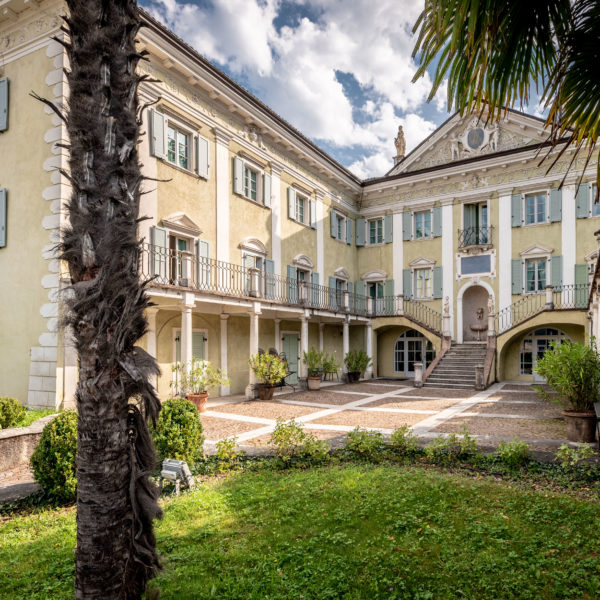The nuclear matter in heavy-ion collisions (HICs) starts as a far-from-equilibrium system, which eventually thermalizes into a nearly ideal liquid -- the quark-gluon plasma (QGP). Experimental studies of this matter are highly non-trivial since the information is entangled in multiparticle correlations. This issue can be surpassed using hard probes (HPs) such as hadronic jets, which are successful in extracting the QGP properties. However, a real-time tomography in HIC requires a
detailed understanding of the interactions throughout the entire evolution. Recently, there were multiple developments in the theory of probe-matter interactions, during the initial and intermediate stages of a HIC, and in the evolving QGP. These theoretical efforts are strongly motivated by the near future experimental programs such as the HL-LHC and sPHENIX. In this workshop, we will focus on these developments, explore their phenomenological implications, seek for new tomographic observables, and investigate how these advances can be applied to smaller systems.
More info

